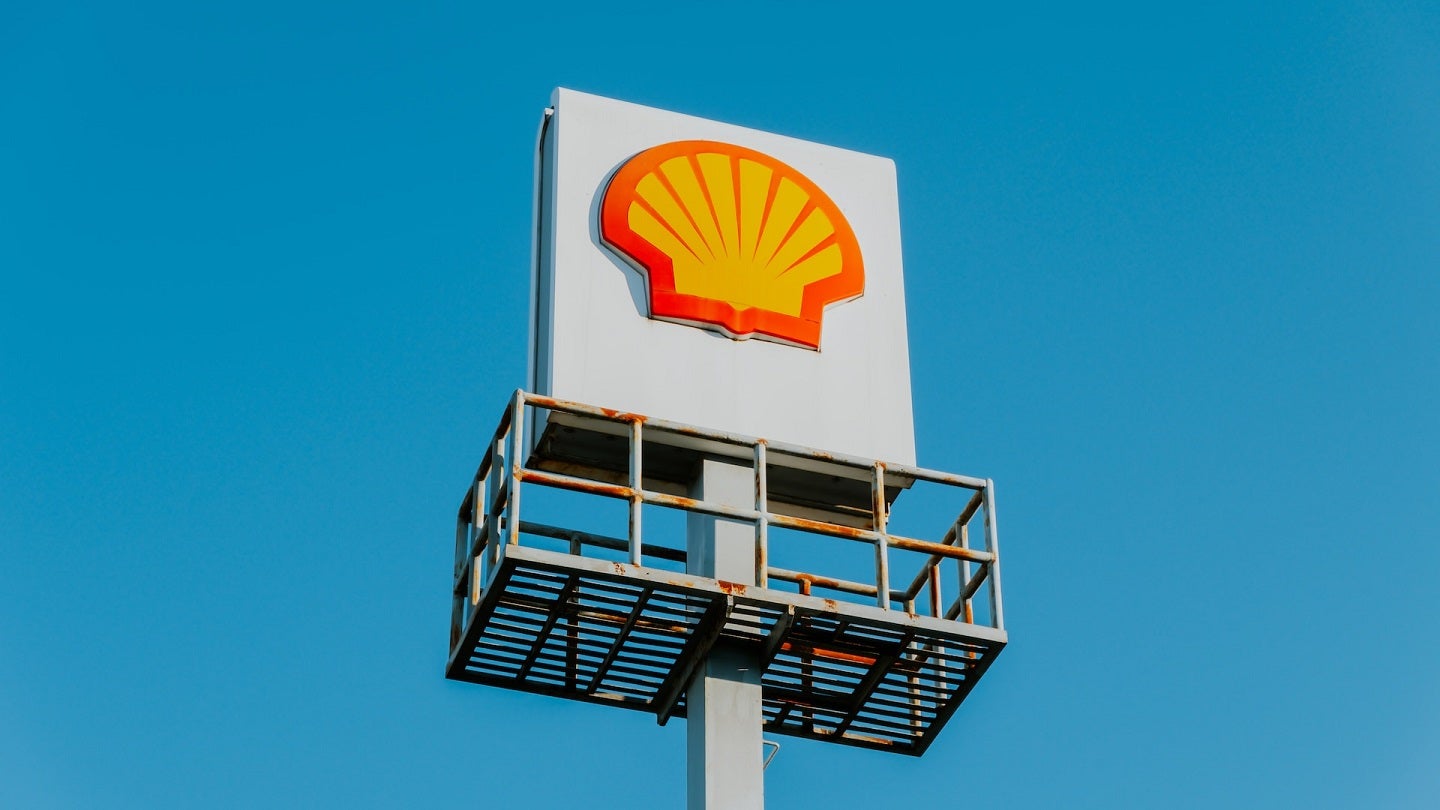
Shell has reached an agreement to divest its onshore business in Nigeria to Renaissance in a deal valued at $2.4bn.
Renaissance, a consortium of five companies, will acquire the SPDC.
The consortium includes ND Western, Aradel Energy, First E&P, Waltersmith and Petrolin.
Shell said it has structured the deal to maintain SPDC’s operational capabilities to support the SPDC Joint Venture (SPDC JV).
With a 30% stake, SPDC is the operator of the SPDC JV.
The JV has a total of 18 oil mining leases for onshore and shallow water petroleum operations in Nigeria.
Other partners in the SPDC JV include the Nigerian National Petroleum Corporation (55%), Total Exploration and Production Nigeria (10%) and Nigeria Agip Oil Company (5%).
As part of the transition, SPDC’s employees will remain with the company under the new ownership.
Post-completion, Shell will continue to support the management of SPDC JV facilities that supply feed gas to Nigeria LNG (NLNG).
Shell’s 25.6% interest in NLNG is not included in this transaction.
Shell’s presence in Nigeria will still be significant post-sale, with three businesses that will also remain outside the scope of the deal.
These include Shell Nigeria Exploration and Production Company, which operates in the deepwater Gulf of Guinea; Shell Nigeria Gas, which supplies gas to local industries and commercial customers; and Daystar Power Group, which is engaged in offering solar power solutions across West Africa.
Nigeria’s oil and gas regulator has set a target to boost the country’s oil and condensates production to 2.6 million barrels per day by 2026.
Despite being Africa’s leading oil exporter, Nigeria has been struggling with declining production due to crude theft, pipeline vandalism and underinvestment in the industry.


